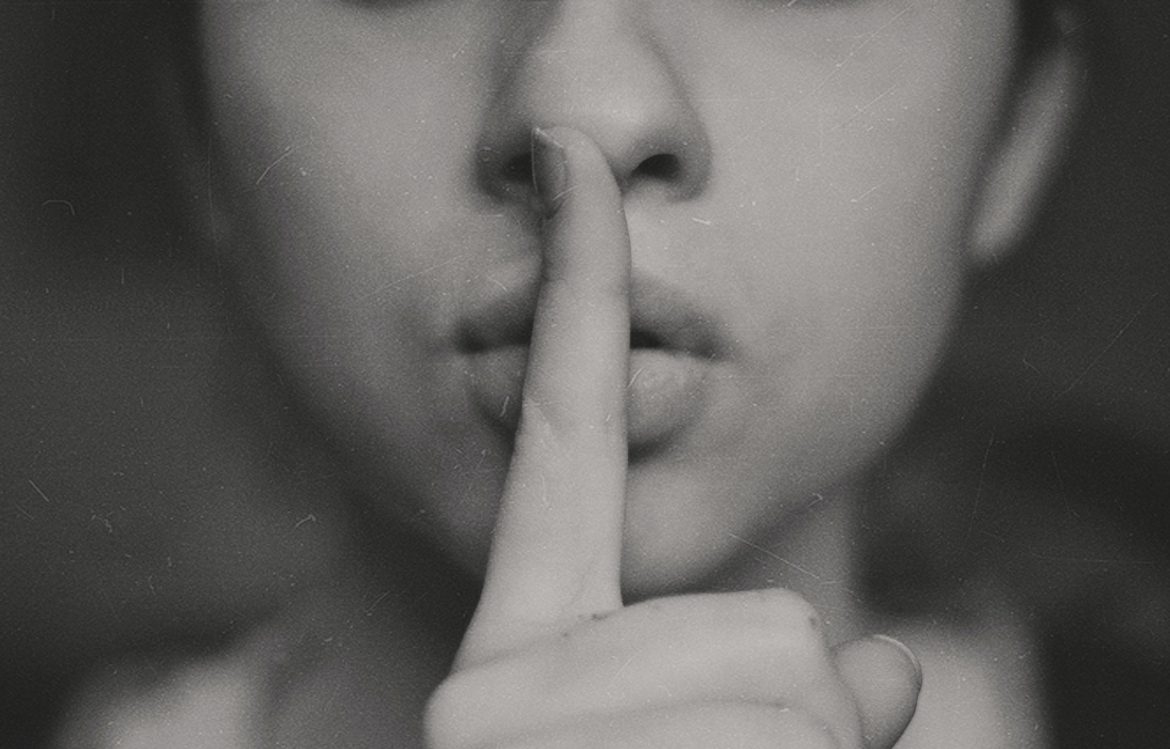– Robert Feldman, author of The Liar In Your Life: The Way To Truthful Relationships
Hi Truthtellers, Mak here.
These “small dishonesties” that researcher Robert Feldman is referring to are what we call in Radical Honesty “pretending.” And most of us are doing it most of the time. We pretend that we’re interested in a conversation when we couldn’t care less. We pretend we don’t care what someone else thinks when we very much do. We pretend that we know what we’re talking about when we’re kinda clueless.
Our lives are a constant game of minimizing the bad, exaggerating the good, and endlessly tweaking the details in our favor in an attempt to build and maintain our self-image in the minds of others.
“Those little white lies do matter. In and of themselves, white lies can produce interactions that are less intimate and personal. Cumulatively, they create an environment of deception that enhances the probability of larger lies being committed.”
(Feldman)
So, all that lying does come at a price….
Lying obviously destroys trust and severs connection in any relationship, but while we might think that we are sparing other peoples feelings by playing nice or omitting important details, we often fail to recognize that we’re inadvertently doing harm to our own health.
Here are 3 big ways how lying is harmful:
1. It’s Taxing on Your Health
Lying is taxing on the brain. It has to simultaneously hold multiple pieces of information while paying attention to some and ignoring others. Keeping secrets is stressful. It can lead to loss of sleep and increased anxiety. It leaves us in a constant heightened state of preoccupation with trying to keep our stories straight, while also fearing the consequences of being found out.
Most of us have experienced the relief that follows the revealing of a lie. The wave of relaxation that comes after the intense experience of calling ourselves out on our fakery. Yet most of us continue to choose a lifetime of dull misery to avoid a few moments of heightened experience. As a result, we miss out on the bliss of being free and clear of our lies.
2. Lying Hurts your Self-Esteem
Pretending just feels lousy. Whenever I withhold the truth, pretend to be someone I’m not, or play nice to someone who rubs me the wrong way, I usually walk away chewing on that interaction for a while. I replay all the bullshit things I said over and over again in my mind, I worry about what the other person thought of me or maybe I gossip about them to someone else.
I essentially leave with an unquiet mind that comes from being inauthentic in that interaction. I feel like a fake and that takes a toll on my self-esteem and how I see and value myself in the world.
The message that we’re reinforcing to ourselves when we’re inauthentic is that who we are and what we think and what we feel isn’t good enough, that we should modify our behavior to conform to some standard of appropriateness or respectability or worthiness.
3. Lying Leaves You Alienated
When you pretend to be someone you’re not, you rob the real you of any authentic connection with others. As long as you’re wearing a mask, the people around you can only ever interact with that façade. Any praise or admiration, criticism or disdain can only ever fall on the façade, because that’s all the world sees.
If the real you want to feel the love and appreciation of other people, then the real you has to come out from behind the mask. That means that the real you also needs to be prepared for the not-so-savory stuff, too. The sweet treats and the bitter disappointments of being authentic go hand-in-hand.
Warmly,
Mak
Michael Alan Kolb (aka MAK) is a Senior Radical Honesty Trainer and co-founder of the Radical Honesty Institute and of Cascada Elysiana Eco Retreat Center in Costa Rica. You can find him leading workshops in the US, Europe, and Central America. See his calendar of upcoming events here.
